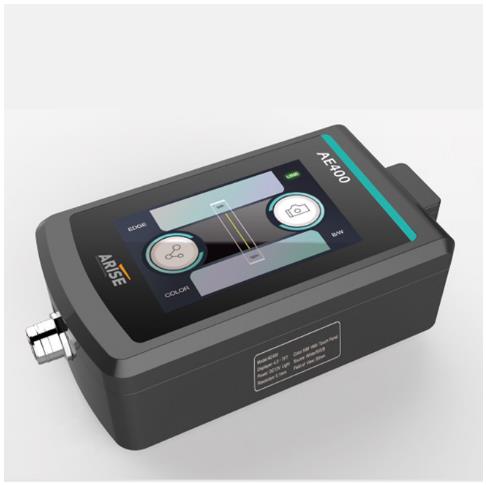3 Key Points About Web Guide Sensors
Corps
Web guide sensors are industrial devices that track the position of a moving web of material such as paper, film, or foil. They are frequently used in web-processing machines to keep the web centered and aligned during the manufacturing process.

Operation Principle of Web Guide Sensors
Web guide sensors measure the lateral position of the web as it moves through a machine. Infrared edge sensors typically use an infrared light source and a receiver to detect the web's edge. The sensor continuously monitors the location of the edge as the web moves and sends a signal to the control system if any deviation from the desired position is detected.
Why The Web Guide Sensors Are Important In Various Industrial Applications
The control system receives data from the web guide sensors and adjusts the position of the actuator, causing the web to move into the appropriate position. They are critical in ensuring that industrial operations involving the movement of material webs are efficient, dependable, and create high-quality products.
Common Types Of The Web Guide Sensors
There are several different types of web guide sensors available on the market, each with its own strengths and weaknesses.
Ultrasonic sensors
Ultrasonic edge sensors use sound waves to identify the web's edge. Because they are unaffected by liquids or debris, they are especially useful in applications where the web may be damp or unclean.

Infrared Edge Sensor
The Infrared edge sensors are specifically intended to read the edge of webs with sound-transparent, thick weaves, and non-transparent properties. The light source for the web guide sensor is an infrared LED.

Sensors with capacitive coupling
They work by detecting capacitance changes caused by the web's presence. Because they are extremely sensitive and accurate, they are a popular choice for applications needing fine web alignment.
Optical sensors
Optical sensors detect the web's edge by using light. They are simple to install and use, and they have a wide range of uses.
Web Guide Sensors Are Integrated with A Web Guiding System
A web guide sensor is typically integrated into a web guiding system that also includes a control system and an actuator. It is a crucial component of a web navigation system. The sensor's output is used by the control system to alter the position of the actuator, which in turn moves the web into the necessary position.
Web guide sensors can help to decrease waste and improve overall efficiency while also improving web alignment. They can help to prevent faults like wrinkles or creases, which can lead to product waste or downtime, by keeping the web centered and aligned.
Summary
Web guide sensors are a must-have tool for any industrial application that involves the processing of moving material webs. Whether you're making paper, film, or foil, they can help you enhance product quality, reduce waste, and increase overall efficiency.






commentaires